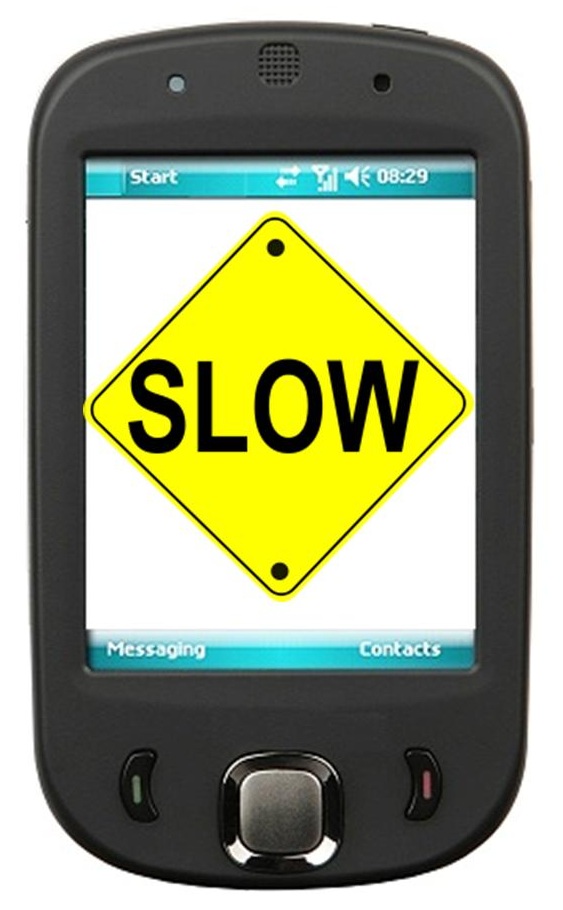 A recent study has shown that many shoppers are turned off of the struggles from going mobile.
A recent study has shown that many shoppers are turned off of the struggles from going mobile.
The latest m-commerce study released by Jumio Inc. has shown that many retailers may not be taking the right approach to selling their products and services over the mobile channel.
The research showed that many consumers give up on their purchase before the transaction is complete.
The study was conducted by Harris Interactive on behalf of Jumio. It determined that over two out of every three (68 percent) smartphone and tablet owners have tried to make an m-commerce purchase using their mobile device. However, it also found that two thirds of those (66 percent) had not finished their purchase because of the struggles that they faced in using their devices to try to checkout.
M-commerce is bringing people to the checkout, but not taking that final step to complete the purchase.
According to the Jumio CEO and founder, Daniel Mattes, “Businesses invest a great deal to get consumers to the point of sale in their mobile apps, but there are a lot of obstacles keeping users from taking their purchase across the finish line.” He added that from the point of having to type in all of their personal information once or multiple times in the very small text boxes in the checkout screens, “to concerns over the safety of data, users are bailing out at checkout. Brands can’t afford to lose shoppers in those final moments of the transaction.”
The Mobile Consumer Insights study by Jumio for 2013 also presented a considerable lesson that was that the m-commerce checkout process needs to be much faster to give it any value to consumers. Almost half – 47 percent – of the consumers who took part in the survey said that they gave up on making a purchase because it took too long to get through the checkout process. An additional 41 percent also mentioned that it was too difficult to checkout using their device, be it a smartphone or tablet.
Mattes said that consumers are demanding an m-commerce checkout process that is much simpler and more streamlined than is the typical experience right now.
 Widespread adoption of mobile commerce has yet to be seen
Widespread adoption of mobile commerce has yet to be seen
Commerce is changing all over the world, largely due to the advent of mobile technology. Smart phones and tablets had once been considered simple tools to make some aspects of life more convenient for consumers. These technologies have come to inhabit a very important role in society, providing millions of people all over the world with entertainment, organization, access to information, and even a new way to pay for products. Mobile commerce has risen from the importance that mobile technology has established in the lives of consumers, but it has yet to become mainstream.
Consumers show interest in mobile payments, but adoption is still low
Mobile commerce is a relatively new trend in the mobile world. It refers to a consumer making purchases using a mobile device or engaging in other financial services, such as banking. The concept is simple enough and consumers all over the world have shown strong interest in mobile commerce. Much of this enthusiasm has yet to become tangible support, however, as many consumers show that they are interested but unwilling to participate in mobile commerce. There are several factors that contribute to this apparent reluctance.
Poor experiences may dissuade consumers from using mobile commerce services
ForeSee, a marketing analytics firm, suggests that some of the lack of support for mobile commerce being shown by consumers is due to poor experiences with e-commerce platforms. Because most e-commerce platforms were designed before mobile technology became such a widespread phenomenon, they are not optimized to be used on a mobile device. This leads to significant problems when these platforms are accessed by smart phones and tablets, creating a poor experience for consumers. Even platforms that are optimized for mobile viewing suffer from speed problems, making mobile payments very slow and unintuitive for consumers.
Singapore and Hong Kong show most growth in mobile commerce
Because of the problems consumers have been experiencing, mobile commerce has found only moderate success in many parts of the world. The only markets that mobile commerce has seen significant success in are in Asia. According to a report from Neilson, which was commissioned by PayPal, Singapore and Hong Kong have seen the most growth in mobile commerce than any other market in the world. This is partly due to the strong focus on mobile technology that businesses in these markets have, as well as the high number of mobile consumers that live in both regions.
 A recent study has shown that many shoppers are turned off of the struggles from going mobile.
A recent study has shown that many shoppers are turned off of the struggles from going mobile.
 Widespread adoption of mobile commerce has yet to be seen
Widespread adoption of mobile commerce has yet to be seen